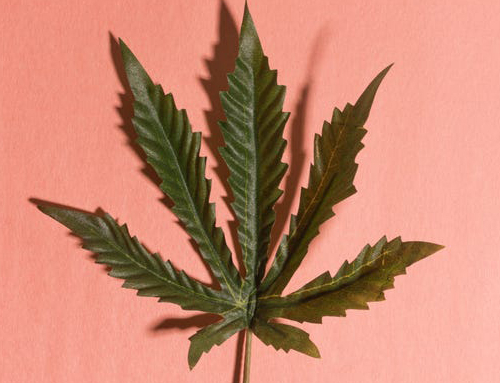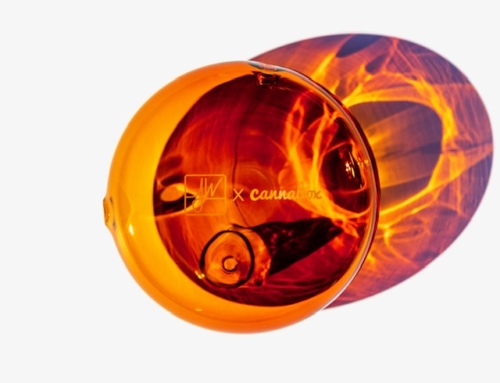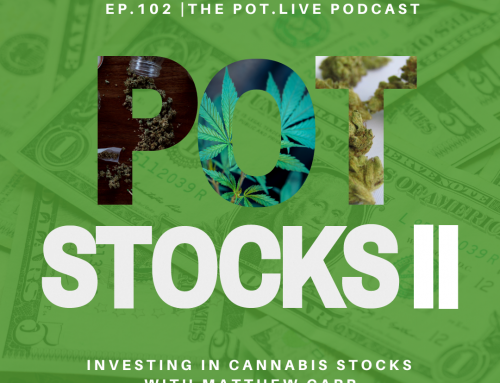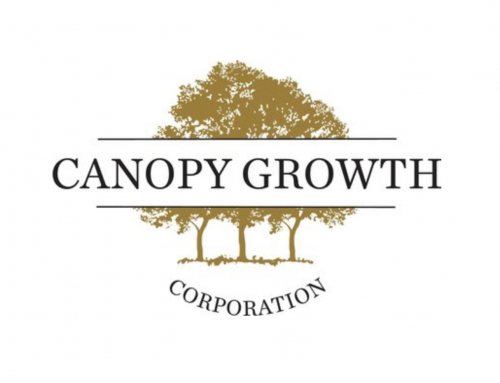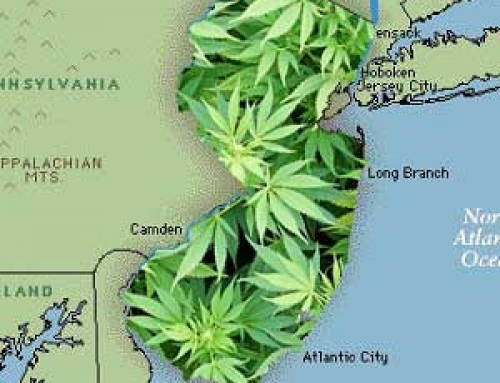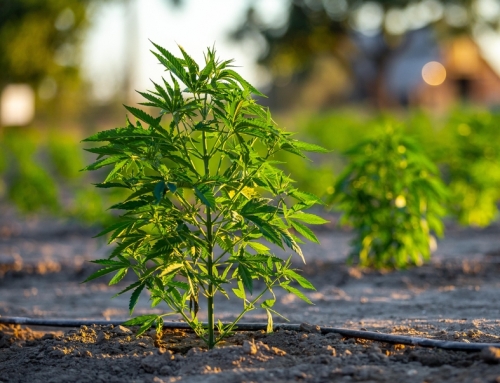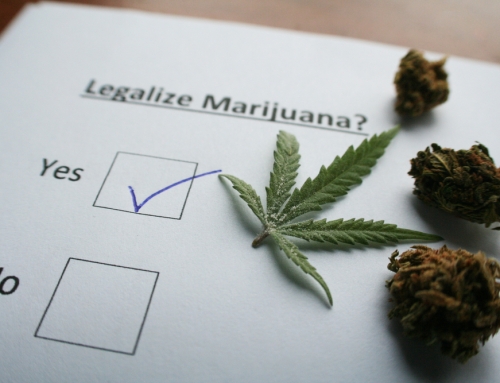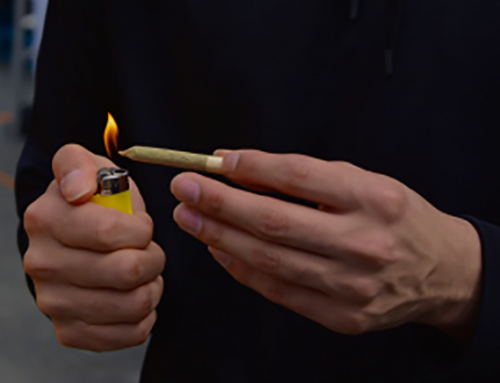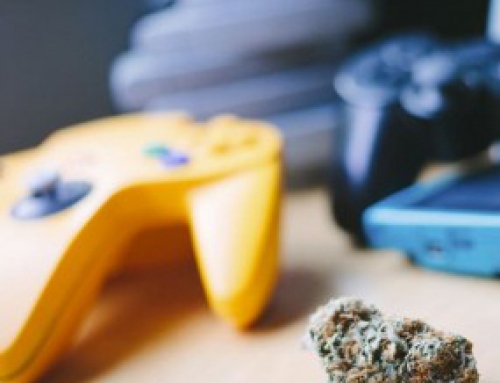Alcohol consumption is the direct cause of over 88,000 deaths in America every year and hundreds of billions of dollars in unnecessary medical costs as a result of alcohol related issues including liver disease, cancers, accidents, etc.
While CBD and other hemp derived cannabinoids and terpenes are not meant to replace alcohol in the American lifestyle or reduce diseases attributed to alcohol use/abuse, they can effectively help eliminate triggers like pain and anxiety which often lead to excessive drinking.
More focused to the present article cannabinoids and terpenes can also manage the symptoms of alcohol over-indulgence, i.e. hangover. The concept of a “hangover” seems simple; drink too much alcohol and wake up feeling dizzy, sick, headaches, lethargic, or basically, just downright miserable. While simple conceptually, what happens biochemically to create that “hangover” is anything but simple. Physiologically speaking, drinking large amounts of alcohol causes dehydration, low blood sugar, digestive irritation and disturbed sleep, all factors that contribute to hangover symptoms. The hangover itself is caused by three main stressors to the body. If you can prevent those stressors from causing the biochemical havoc that accompanies alcohol overconsumption, then you can prevent, diminish or eliminate the chances of waking up hungover.
The first main stressor is, of course, the alcohol itself. The alcohol consumed while out socializing, no matter which brand, color or type, is ethyl alcohol. Ethanol is the chemical component of ethyl alcohol that causes intoxication. Ethanol is intoxicating because its molecules are small enough to pass directly into the brain cell synapses and interfere with the neurotransmitters that keep the brain working smoothly. Specifically, as ethanol reaches the synapses, it causes the brain to release less GABA and more glutamate.
The plant phenols in full spectrum hemp oil almost fully counteract acute ethyl alcohol intoxication by altering the neurotransmitter response to ethanol. Specifically, CBD blocks alcohol’s ability to convince the brain into believing that higher levels of inhibitory GABA are present. That means that there will be fewer classic symptoms of drunkenness such as lowered inhibitions, slurred words and loss of motor control. Similarly, it also causes the brain to act as if there is less excitatory glutamate present so excessive behaviors, increased heart rate, and manic energy levels won’t occur while drinking.
Additionally, depending on the amount and speed of alcohol consumption, cannabinoids and terpenes can eliminate or lower intoxication, anxiety, sedation or anesthesia. It will also prevent the escalation of alcohol consumption in intermittent voluntary alcohol intake situations; in other words, it eliminates that out of control behavior where one drink involuntarily leads to another. Finally, it aids the body by improving glucose and lipid metabolism as well as insulin resistance and decreasing tissue inflammation.
The second main stressor is what happens in the liver when it begins to process excessive amounts of ethyl alcohol. As a person is getting drunk (and after), the liver must start working overtime to process the extra ethanol sitting in its chambers. First, dangerous free radicals like glutathione (GSH), glutathione reductase (GSR), and glutathione peroxidase (GPx) are created and they begin to destroy the liver’s ability to protect the body from the negative effects of alcohol. Second, one of the chemicals that alcohol breaks down into is a toxic byproduct known as acetaldehyde. Acetaldehyde is about 30 times more toxic to the body than alcohol. Many of the symptoms of acetaldehyde toxicity are identical to the most severe hangover symptoms: nausea, severe headaches, and light/sound sensitivity. The plant phenols in hemp have been shown to stop the liver from producing a wide range of free radicals in reaction to challenges from alcohol while simultaneously replacing free radicals with more positive compounds such as superoxide dismutase (SOD). These phenolic compounds speed up the effects of alcohol dehydrogenase and acetaldehyde dehydrogenase. The liver uses these enzymes to clear both alcohol and acetaldehyde from the bloodstream, preventing typical hangover symptoms.
The third and final important stressor are the chemicals in alcoholic drinks other than alcohol. Among the compounds connected to a hangover are byproducts of alcohol fermentation called congeners. One specific congener, methanol, breaks down into the toxin’s formaldehyde and formic acid, which can create a serious hangover. Congeners are found in larger amounts in dark liquors, such as brandy, whiskey, darker beer and red wine which is why darker alcohols are generally associated with far worse hangovers. The plant phenols in hemp have been scientifically proven to reduce hepatoxic substances such as congeners and directly reduce the inflammation caused by the impurities in beverages or by alcoholic metabolism sub-products. In use, this means that plant phenols will diminish or eliminate many of the nasty hangover side effects including nausea and dry mouth.
It is critical to note, taking hemp oil to handle or attempt to prevent a hangover DOES NOT make consuming alcohol safe. Statistically alcohol is the third leading cause of preventable deaths. In the United States, nearly 14 million adults, or 1 in 13 adults, abuse alcohol or have an alcoholism problem. In addition, several million more partake in risky alcohol consumption that could potentially lead to abuse, and over three million American teenagers aged 14 to 17 have an alcohol problem. If alcohol is a problem for anyone, they should seek immediate and appropriate intervention. Hemp oil will not eliminate a dependency on alcohol, nor will it protect the body for repeated, excessive bouts of alcohol consumption. Hemp may help a person overcome some negative effects of alcohol consumption, but it does not ever substitute for responsible thought and behavior regarding drinking.


